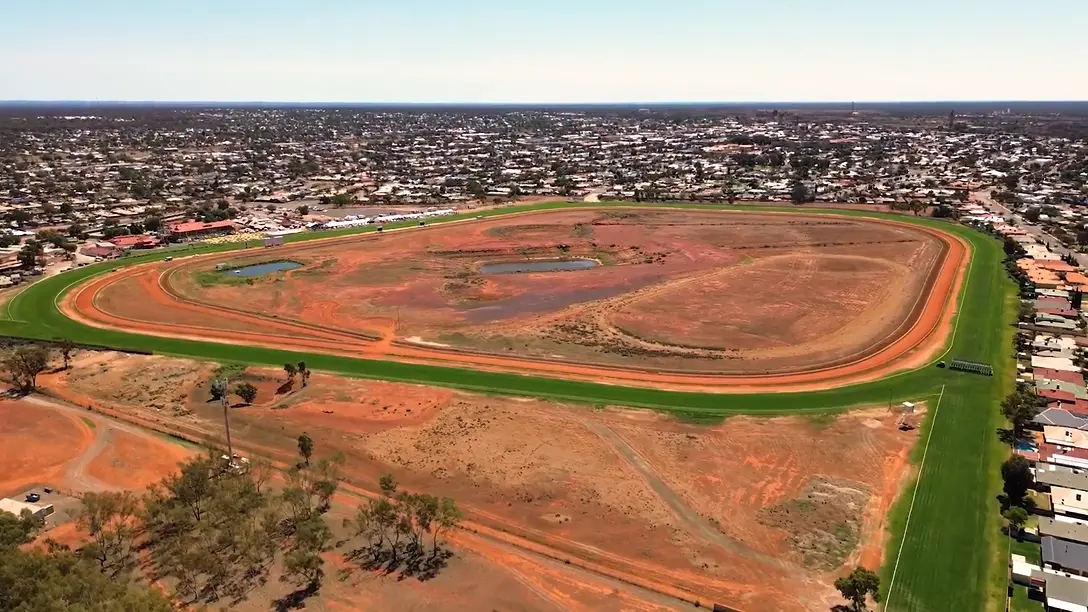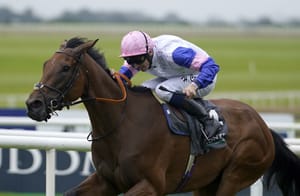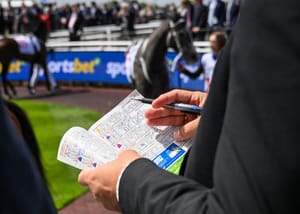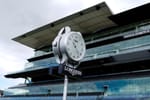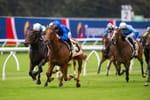An impasse on the amount of recycled water it is allowed to use has reached a crisis point for a historically significant race club in Western Australia, prompting an urgent meeting between the state’s regulator and key government figures.
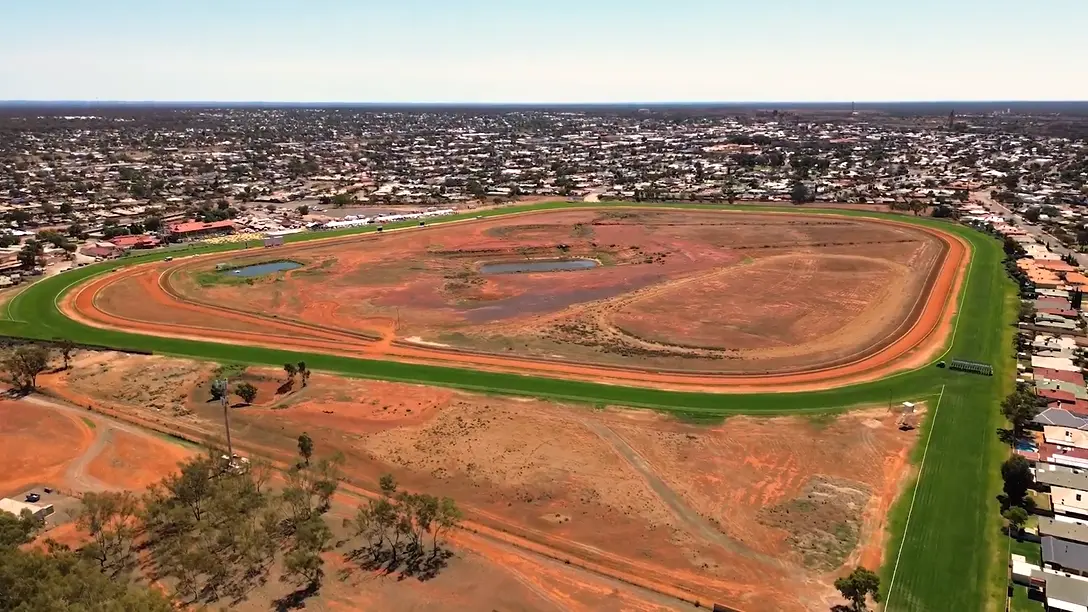
The Kalgoorlie-Boulder Racing Club (KBRC) fears its days as home to one of Australia’s most remote turf racetracks may end if it can’t restore to appropriate levels a dwindling water supply that threatens to compromise its racing operations.
Amid ongoing but unsuccessful negotiations with the City of Kalgoorlie-Boulder council, the KBRC says a return to racing early next year is in doubt unless the state government steps in to provide a solution.
The Straight understands senior administrators from Racing and Wagering Western Australia (RWWA) will meet with the state government’s Water Minister Simone McGurk on Wednesday to resolve a plight that transcends the Kalgoorlie racing industry.
The club highlighted the issue through social media channels, attracting national attention.
“The KBRC is doing everything possible to ensure our racing season takes place,” the club posted.
“This is a complex issue and water is a finite resource, but we will continue to work hard for a possible resolution. We know how important the KBRC is to our town.”
KBRC chief executive Ian Dunstan said the club had been in talks with the city’s council about the cost of supplying recycled water.
“(But) we’ve just received advice recently that the allocation that we’re used to will now no longer be forthcoming,” he told Perth radio station 6PR.
“So I suppose there's two things here. One, what it's going to cost and two, what we can have or what we can't have.”
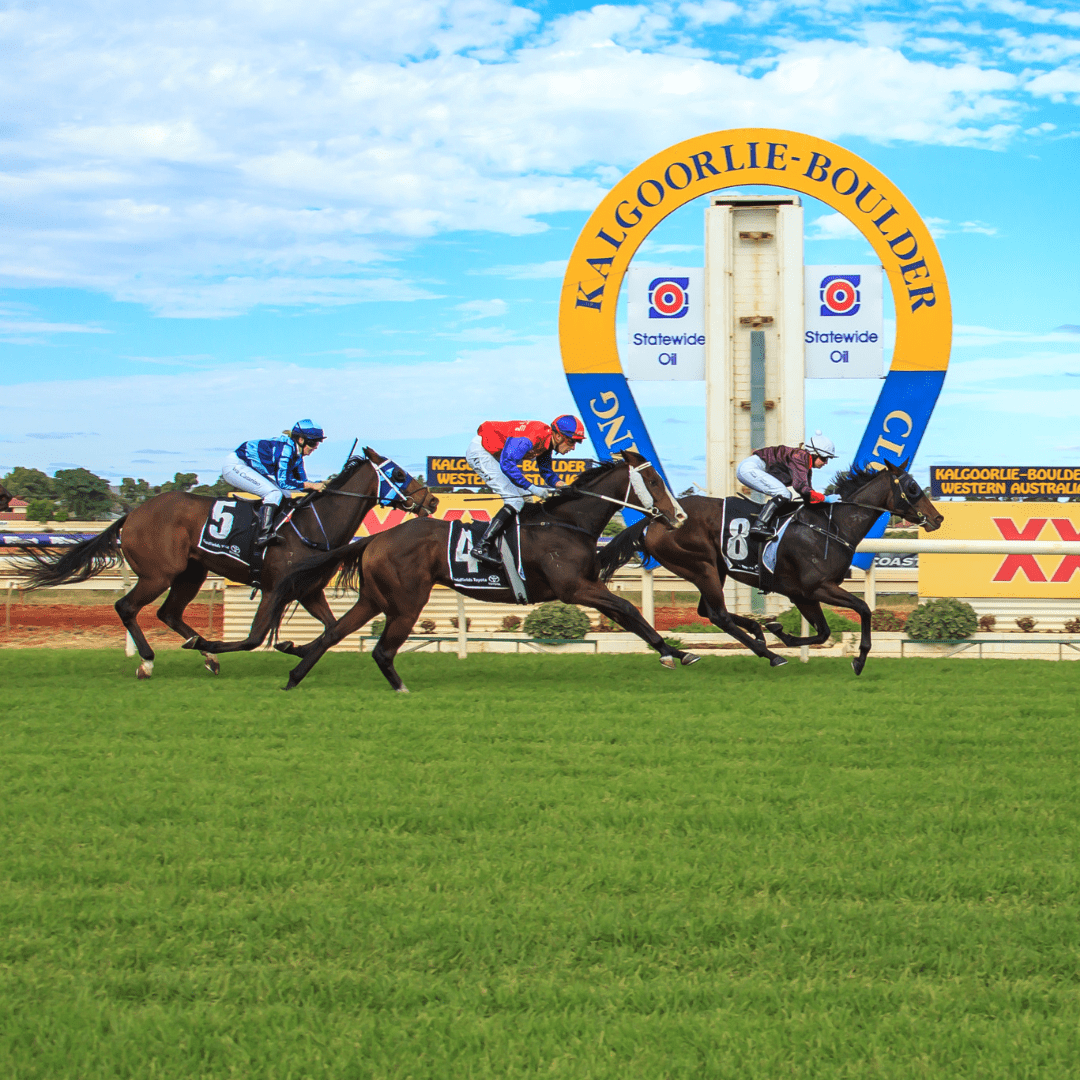
A deal struck between the council and a mining company over allocation is believed to be at the centre of a recycled water shortage.
Sources say a water quota given to Lynas Rare Earths in the past decade to operate a minerals processing plant in Kalgoorlie-Boulder has created a shortage and impacted community facilities.
Lynas Rare Earths is listed on the ASX. Its headquarters are in Perth, and according to its website, it was established as an “ethical and environmentally responsible producer” of rare earth materials found in electronics, wind turbines and hybrid and electric vehicles.
Asked if the council had given too much water to the Lynas project at the expense of the city’s sporting and recreational facilities, Dunstan said: “It may well be … and hopefully, there are ways that we can all get the bite of the cherry for the water that we need as a community.”
The KBRC has been working alongside RWWA while making its own representations to the state government.
“The biggest issue from a racing industry perspective is that if the track isn't A-OK, then racing just won't take place,” a source familiar with the situation told The Straight.
“But ultimately, the issue itself is bigger than racing.
“It extends to all ovals across the city of Kalgoorlie-Boulder. So, pretty much any sport within the town is at risk of not having irrigated turf.”
Kalgoorlie has an average annual rainfall of 260mm.
Located 600km east of Perth, Kalgoorlie has a strong racing industry with trainers such as Peter Fernie based at the racecourse.
It provides a focal point for WA racing in September and October when it stages the Kalgoorlie Cup at Listed level in conjunction with its premier sprint race, the Hannans Handicap.
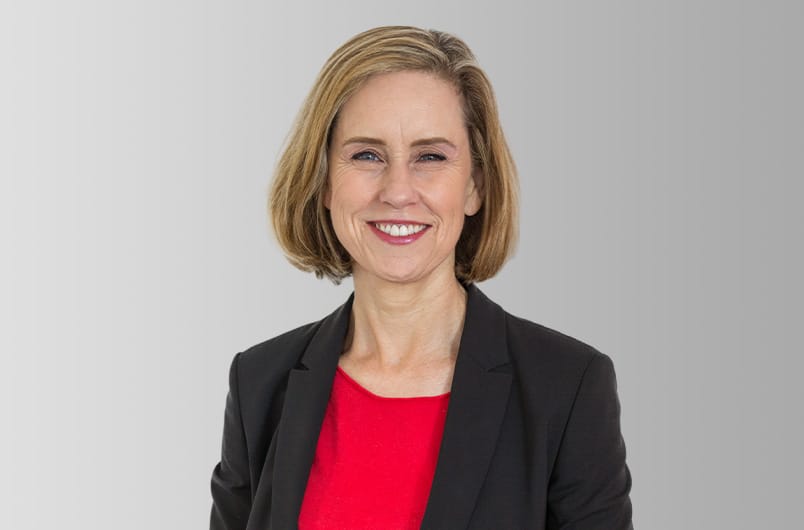
Kalgoorlie’s racetrack is unique, described as a diamond-shaped layout. The course proper has a circumference of 1934m with a 320m home straight.
In a significant boost for its profile, the club has received state government support to stage a $1 million slot race for the first time on Kalgoorlie Cup day in 2025.
Known as the Golden Saddle, the race will carry $1.5 million in government funding over the next three years and will be the richest slot event in regional Australia.
WA Premier Roger Cook was recently in Kalgoorlie-Boulder to launch the race.
His interest in ensuring racing is a gateway to boosting tourism numbers in the WA Goldfields has at least provided the local thoroughbred industry with some optimism that the club’s water issue can be resolved before it’s too late.
“This is a complex issue and water is a finite resource, but we will continue to work hard for a possible resolution. We know how important the KBRC is to our town” - Kalgoorlie-Boulder Racing Club statement
Two dams are located inside the racetrack, and they help complement the club’s irrigation needs in an unforgiving hot, semi-arid climate.
Building more water storage facilities will likely be pivotal to the club’s survival.
“That is critical from now onwards and there's been collaborations that haven't gone ahead in the past,” Dunstan said.
“I suppose that is something that we certainly need to revisit … the ability to have more dams out there to collect and store more water.
“That'll obviously fix the long-term. The short-term is certainly the real concern at the moment.”

